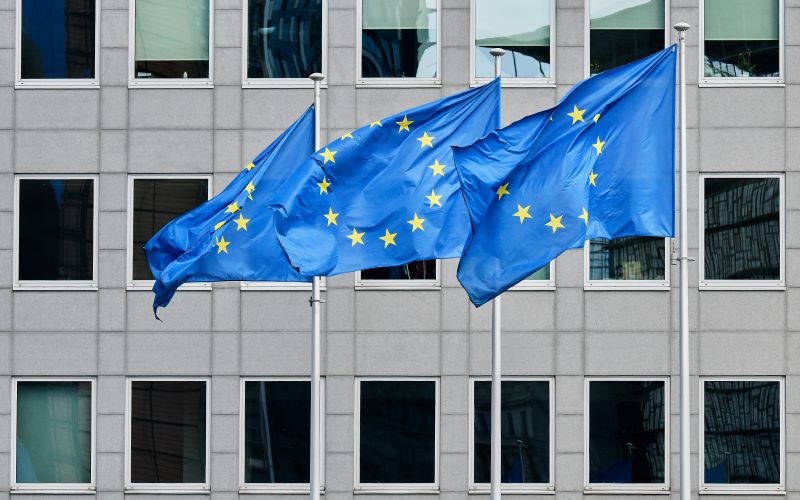European businesses are placing value chain analysis and risk assessment at the forefront of their sustainability strategies under the EU’s new Corporate Sustainability Reporting Directive (CSRD), according to a Deloitte study. The report, Beyond compliance: Observations on practices following Wave 1 of CSRD reporting, found that eight out of ten companies highlighted these tools in their first mandatory disclosures.
However, most organisations struggled to identify and structure reliable sustainability information, particularly in relation to suppliers and indirect partners, signalling the need for more structured and transparent stakeholder engagement frameworks.
Industry priorities vary. In fast-moving consumer goods (FMCG), more than 90% of companies referenced supply chain transparency and circular economy models, with 79% setting deadlines for specific measures. In energy and industrials, firms are prioritising Scope 3 emissions and transition planning, with more than half of energy companies setting net-zero targets and roadmaps for integrating renewables. Financial institutions are embedding sustainability into lending and investment practices: seven in ten banks have emissions targets for at least five sectors, while all banks and nearly all insurers surveyed use the Partnership for Carbon Accounting Financials (PCAF) methodology to calculate financed emissions.
“The experience of companies that reported in the first wave of CSRD provides a valuable reference framework, governed by three core principles — structure, transparency and collaboration,” said Ovidiu Popescu, Partner at Deloitte Romania and Leader of the firm’s energy and sustainability practice in South-Eastern Europe. He emphasised the central role of dual materiality analysis as a tool for identifying opportunities, risks and strengthening stakeholder relationships.
The report also predicts that digitalisation will accelerate sustainability reporting in coming years. Many companies are investing in technical solutions or adapting existing IT systems to streamline data collection and consolidation. A key development will be the mandatory adoption of the European Commission’s eXtensible Business Reporting Language (XBRL) Taxonomy, enabling digital tagging of sustainability data for machine readability.
Corina Dimitriu, Audit Partner at Deloitte Romania and ESG Assurance Leader, said: “Unlike financial reporting, sustainability reporting does not follow a typical model that can be replicated from one company to another, but it requires similar discipline in data collection and analysis. Its purpose goes beyond an audit opinion — it provides performance evidence and direction for sustainable development, building trust with clients, partners, financiers and investors.”
The study analysed 200 reports from Wave 1 CSRD reporters across 20 European countries, covering sectors including FMCG (31%), energy and industrials (28%), financial services (18%), technology, media and telecommunications (15%) and healthcare (8%).





















